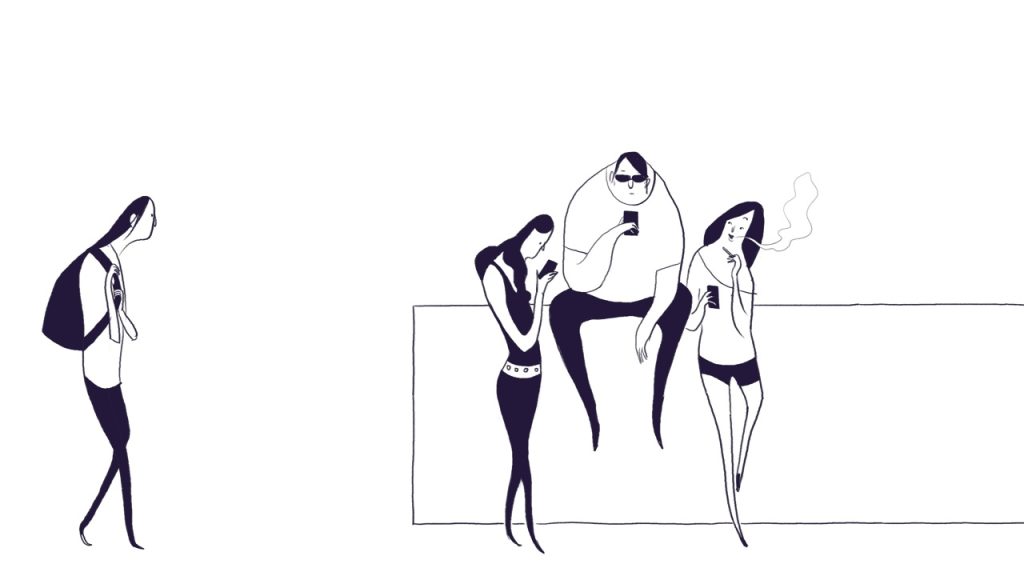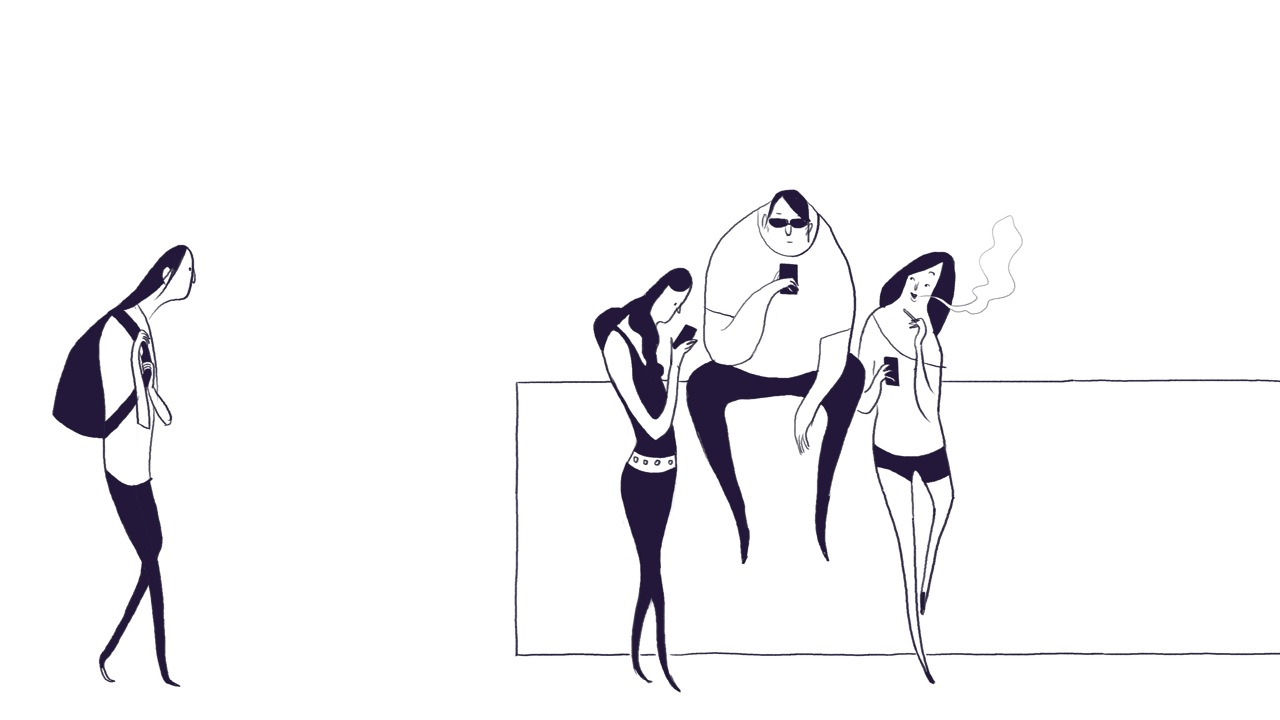What Triggers People to Use Drugs and Alcohol

Triggers don’t cause people to use, on their own. Rather they are one aspect of the craving to use.
Becoming more aware of when and how your loved one uses will simplify and clarify when to do or say something and when to not say something. This knowledge will help you save your energy and will help you to instinctively know how to respond when someone is out of control with drugs or alcohol. You won’t be spinning your wheels anymore.
Your loved one’s behavior may seem chaotic but the truth is there are patterns, and you may already be able to predict when and why your loved one uses. Doing so will make you more effective in responding to your loved one.
Understanding external and internal triggers
External triggers are the people, places, and things that lead one to use, or what sets the stage for using. For example, running into the neighbor who drinks, passing by the street where drugs are sold. Both of these events put your loved one into closer proximity to the drug.
Other external events, such as a bad day at work, may create certain emotional responses that become internal triggers. Strong emotions like anger or sadness can be overwhelming, and your loved one may hope that the drugs or alcohol will lift their spirits or help them relax, or just mute whatever they are feeling.
Or they may have become overconfident about their recovery and forget the devastating effects of re-exposure to the drug, i.e., having “just one…”
Answering the following questions will help you fine-tune your radar.
If you’re not sure of any of your answers, just jot down what you can and return to these lists as you observe more. By filling out these exercises, you are being trained to focus on what’s important. Eventually, a more complete picture will emerge.
1. List what your loved one is using. Your loved one may just drink or just use one drug, or they may sometimes use alcohol or a drug in combination with other drugs. For instance, perhaps your loved one smokes marijuana during the week, and then occasionally combines alcohol and cocaine on weekend nights. If this is the case, you’ll want to list marijuana as one drug, and alcohol with cocaine in combination as a second drug. We consider alcohol to be a drug.
2. Next, list the signs that tell you your loved one is using or drinking. This will be easy to answer for some. For instance, his eyes are glassy and his left eye droops when he smokes pot. For others, this might not be as clear.
Note: If you listed signs such as being rageful, physically abusive, threatening, or anything else that makes you feel unsafe, refer back to our post about how to stay safe when confronting a loved one addicted to drugs or alcohol.
3. What are some of the external events that may be triggering your loved one to drink or use? (“I know my loved one is going to drink or use because…”) This may include using another drug.
4. What are some of your loved one’s internal triggers? Here, we are asking you to get inside your loved one’s head. This may be harder to do but even a logical guess is a good place to start.
People can overcome their triggers
It’s important to remember that people can find alternative ways of responding to triggers. They can learn to pay attention to these triggers and stay sober. Triggers are not something that sentences you to a lifetime of addiction. Recovery is about building a life with an overlay of positive behaviors where there used to be drug use.
While it may be hard right now to imagine that your loved one can learn alternatives to drinking and drugging when faced with a trigger, people who want to quit do just that.
People learn to be aware of their triggers and find alternatives to using, like going to an AA meeting, or to the gym, or for a dog walk. Perhaps they play some music or call someone safe. This is how you build a sober life: by dealing with the triggers in a constructive sober way each time they come up. In place of the drugs and alcohol, they do something that brings a little pleasure, something that is rewarding. Life gets a little better.
Many, many people with addiction issues have learned to use these alternative rewards and have stopped using. No matter where on the scale your loved one is, they too can learn this.
To learn more about how you can help transform all your lives, visit Allies in Recovery’s informational site today.
Join our Member Site today to take full advantage of Allies in Recovery’s program, including 8 video modules, three blogs, and dialogue with experts in the field of treatment and recovery.

